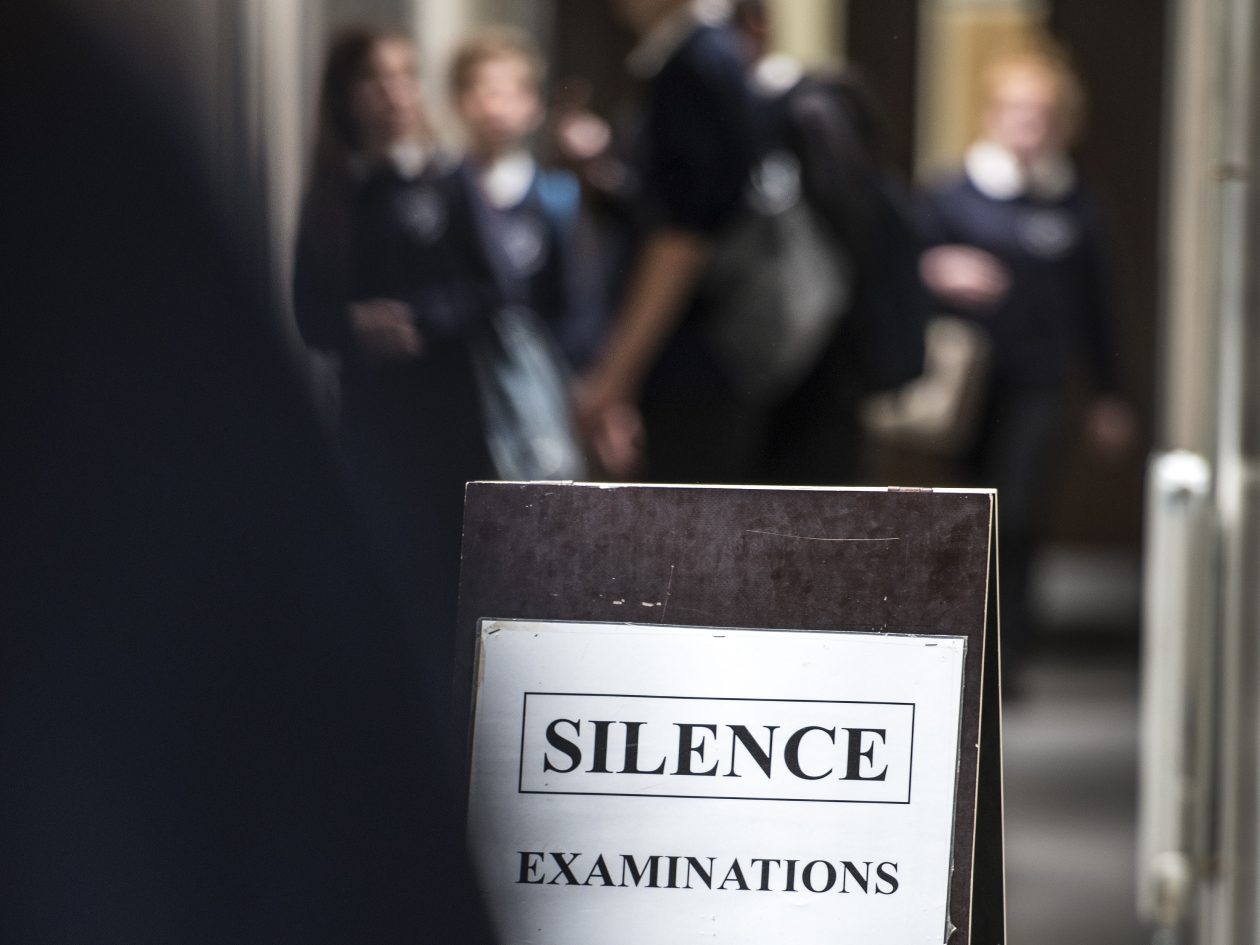Concerns about inequality of access to university for socio‐economically disadvantaged pupils remain a major policy issue. This inequality is illustrated by the fact that only 14% of pupils who are eligible for free school meals (FSMs), which is a commonly used indicator of low socio‐economic status (SES) in England, participate in HE at age 18–19 or 19–20 years, compared with 33% of pupils who are not eligible for FSMs.
Better information for students and parents could encourage more students from disadvantaged backgrounds to apply for university, but not all types of information would be equally effective, according to a new Nuffield-funded report from the Institute for Social and Economic Research at the University of Essex.
The research by Professor Adeline Delavande and Dr Laura Fumagalli set out to investigate how differences in information can explain difference in higher education participation by socio-economic status. Key findings include:
- information about availability of financial resources and information on requirements for university admission have the potential to reduce the SES gap in university participation.
- better information for students and parents about how to interpret results in standardised tests by either offering feedback which is clear and precise or using a more finely-tuned system of grading would help low SES students to have a good understanding of their academic ability and help them make better informed decision about going to university.
- information about the earnings returns to a university degree is unlikely to close the SES gap, as parents from all background hold similar beliefs. However, information about the earnings return could boost applications across the board as parents tend to underestimate the financial benefits of having a degree.
Using survey results from the Innovation Panel of Understanding Society, the UK Household Longitudinal Study of 300 parents, they also found:
-
Parents in households where at least one parent has a degree are more likely to expect their children to qualify to go to university, to succeed if they apply and to graduate if they go there.
-
Scholarships for university study cannot entirely close the gap in applications expectations between poorer and more affluent students.
-
Both children and parents who expect higher gains from having a degree are more likely to expect they or their children will apply for university.
-
A very light-touch information intervention, such as showing some statistics about population earnings and employment to families, is powerful enough to make parents’ expectations more accurate, with these changes still visible six months later.
The researchers also looked at the role of feedback about academic ability, financial aid for 16-19 study and information about the labour market return to a university degrees. They analysed national administrative data, and survey results from about 15,000 students in English schools who were interviewed first in 2004 when in year nine, and annually since.
Overall, in order for everyone to make better informed decision, the researchers recommend providing students and their parents with better information about:
-
Available financial aid.
-
The requirements for university admission.
-
How to interpret results in standardised tests by offering clear and precise feedback, and a more informative and finely-tuned grading system.
-
The earnings and unemployment rates of graduates and non-graduates.
Download the research report & the research papers:
“Short and long term barriers to university education in England.What do expectation data tell us?” (Fumagalli)
“Parental Background, Labour Market Expectations and University Applications Intentions in the UK” (Delavande, Fullard, Zafar)
